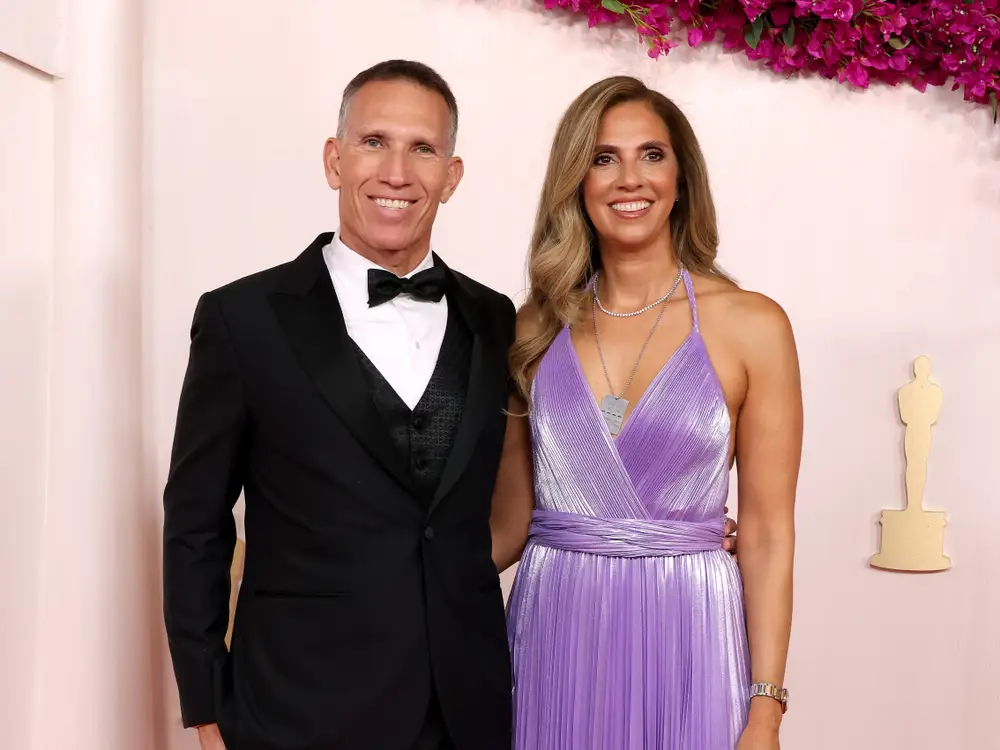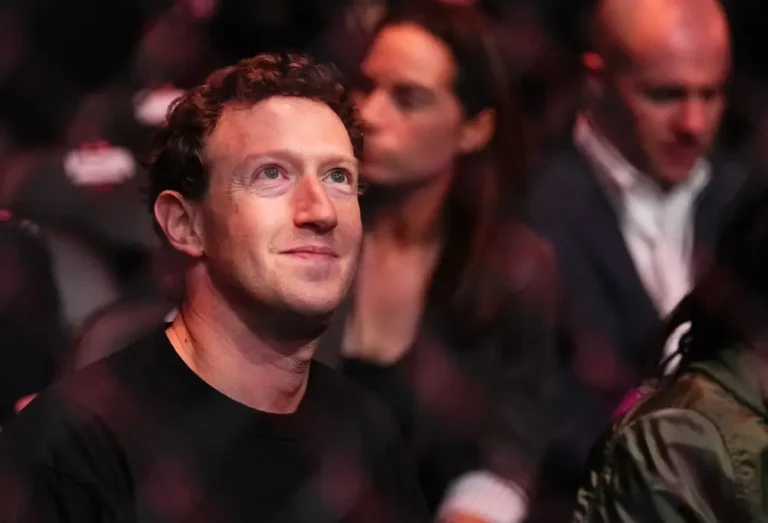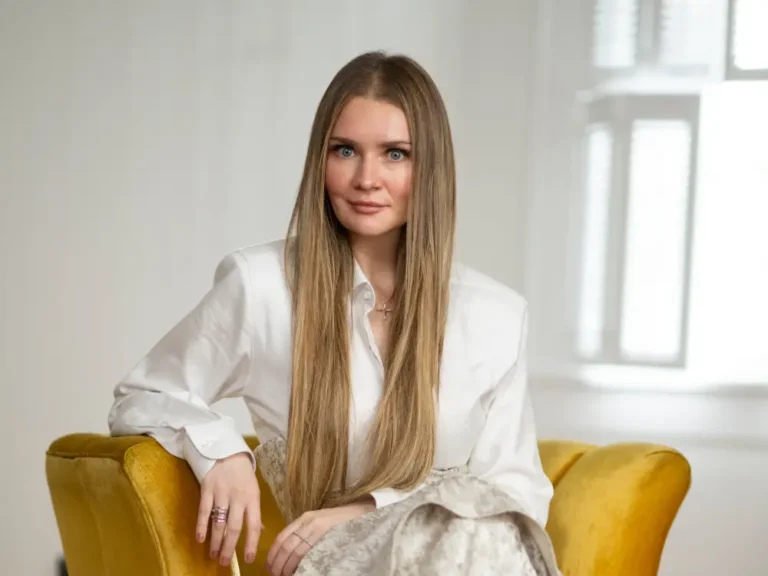The Barbie playbook: How Mattel’s CEO is transforming the toy maker into an entertainment company

CEO Ynon Kreiz, pictured with Anat Fabrikant at the Academy Awards, is reimagining Mattel.
Mattel CEO Ynon Kreiz is trying to transform the toy maker into an entertainment company — but don’t look for it to be a funder or distributor in its own right.
After 2023’s smash success of Greta Gerwig’s “Barbie,” Kreiz has become one of the most intriguing figures in Hollywood. Kreiz, who arrived at Mattel in 2018, is credited with turning the toy company around by building franchises around its popular products. “Barbie” was the top grossing film of 2023 and nominated for eight Oscars, pushing the boundaries of entertainment and showing a path for other brands to jump to the big screen.
Barbie is just the beginning: Mattel has announced 16 movies, including a Matchbox project starring John Cena and a Hot Wheels film from J.J. Abrams, and has dozens more in development, not to mention TV shows, video games, and theme parks.
Kreiz spoke with B-17 on Wednesday about lessons from Barbie and how he’s turning Mattel into an IP company. Earlier in the day, he took the stage with journalist Kara Swisher at Advance, an advertising conference in New York put on by Smartly, an AI ad platform.
Kreiz brought plenty of experience to the role: Before coming to Mattel in 2018, he was CEO of YouTube video giant Maker Studios, which was acquired by Disney, and TV production company the Endemol Group.
At a time of massive disruption in entertainment, Kreiz thinks Mattel is well-positioned.
“We think it’s ultimately about big brands, franchises, that move the market, with built-in fan bases. It’s really hard to make a new brand from scratch,” he said from the stage.
How ‘Barbie’ established a model for Mattel
Mattel deliberately chose “Barbie,” which it intended to be a big, standout movie, to kick off its franchise-building efforts, Kreiz said during the session.
The purpose of “Barbie” was to make a film people wanted to engage with, not to sell toys.
“The goal was to create a cultural phenomenon,” he said.
“Barbie” surprised some with its irreverent takes on the doll and the company. Kreiz said Mattel knew that the script would push boundaries but that he established trust with Gerwig, a well-respected indie film director. He said he went to the set five times and watched every test screening.
“People ask, how did we let it happen?” he said. “The truth is, it’s something we wanted. We know what we stand for our board, half is women. So it’s OK, we can laugh at ourselves.”
Mattel has said it received $150 million in gross billings as part of its participation in “Barbie,” which includes toy and other product sales. And while Kreiz wouldn’t specify if a “Barbie” sequel is in the works, you can all but count on it. He allowed that “Barbie” was about building franchises.
“This was never about making one film per brand,” he said.
What’s next for Mattel’s entertainment
The “Barbie” phenomenon might seem impossible to replicate, especially with brands like card game Uno, another upcoming film subject. But “Barbie” established a blueprint for Mattel’s future projects in working with top creatives, providing promotion power, and staying true to its brands, Kreiz said.
“We partnered with Warner Bros. and we promoted the movie on the ground with 165 consumer product companies,” he told B-17. “Some of that we did in real time. In the future we’ll be more organized in advance of the release and be able to do a better job. We’re not saying every movie will be the next ‘Barbie,’ but it’s the same approach and strategy in how we expand the brand.”
One of those mandates is ensuring that each brand promotes a larger message, though it won’t always be as overt as the “Barbie” movie was, with its messages of female empowerment and toxic masculinity.
“Each has a purpose that ladders up to the company as a whole,” Kreiz told B-17″This is the north star for the team when we collaborate with other partners.”
How Mattel plans to survive media disruption
The media industry is facing massive disruption, with traditional companies struggling to replace their declining traditional TV revenue, viewership shifting to tech platforms, and more consolidation likely coming.
That might worry a company like Mattel that depends on those distributors, but Kreiz is betting that producing the best entertainment is its best defense.
“We work with all the distributors and have a relationship with all the key players,” Kreiz said. “We don’t have an output deal with any one company or a walled garden with anybody. We position Mattel as a trusted provider of quality content based on our IP, and we talked about the importance of partnering with some of the most prolific creators. We believe quality content will always have a home, will always be in demand, especially when the foundation is strong, trusted brands.”
And while Hollywood is looking to brands as a funding source as studios cut back, Kreiz said Mattel is more or less sticking with its low-risk approach to backing entertainment. Other companies like Procter & Gamble and Adobe have directly funded filmed entertainment projects. Many of the brand-funded projects out there tend to be lower-budget, unscripted films costing in the single-digit millions, though.
“Our model is capital-light, but it’s not to say we might not make in special situations targeted decisions where it makes commercial sense,” Kreiz told B-17. “What we bring to the table is our brands and our brand portfolio.”






